You wouldn’t be wrong if you think that field-polo is a niche sport, because it is. It is also a sport steeped in history and traditions.
If the lore is to be believed, polo originated in ancient Persia, where it was used to train elite cavalry units, before becoming a sport played by royalty. Today, the countries that dominate field-polo and have the strongest and most vibrant polo leagues and tournaments, along with the best horses, are nations like Argentina, England and USA. Other countries like Australia, New Zealand, South Africa, France, Germany and Switzerland can also be added to the list of countries that dominate field-polo.
India has a long history of royals and nobility playing the equestrian sport that was once a part of the Olympics as well (from 1900 to 1936). The Calcutta Polo Club was established in 1862, while Maharaja Sawai Man Singh II founded the Jaipur Polo team in the early years of the twentieth century and that rich tradition is still being upheld by the current Maharaja – Padmanabh Singh, who also happens to be the captain of the Jaipur polo team – one of the strongest polo units in the country.
Apart from the skipper, one of the key players of the Jaipur team is veteran South African player, Lance Watson. He is a 4-goal professional player who has played polo professionally across the world – from powerhouse countries like Argentina, England and New Zealand to Asian hotspots like China, Malaysia and Dubai, as well as in Africa - in Zambia and Kenya. Watson has continuously hit the headlines for the Jaipur team and has become one of its key players.
As someone who has played polo across continents, Watson, who runs a polo academy back home in Underberg, South Africa, with his brother, understands the sport inside out.
Impact Shorts
More ShortsIn a free-wheeling exclusive interview, Lance talks sheds light on various facets of polo which you might not have thought about before. Field-polo might be a niche sport, but it is also incredibly challenging, technical and interesting.
India is considered to be the birthplace of modern polo. This is where the British learnt the sport. According to the Indian Polo Association website, there are 37 clubs and 470 tournaments under its aegis. Overall, the landscape of polo in India is changing in more ways than one.
Find out how in this exclusive interview with Watson.
Firstpost: How did the polo journey begin? Your brother Brett is also a professional polo player –– was there a strong family connect with the sport? How did it all begin?
Lance Watson: It all started with my grandfather. He was the first one to start playing polo (in the family) in a farming town called Underberg, in South Africa (located in KwaZulu-Natal). He had a brother who also played (polo) as well as four sons – all of whom played polo too, including my father. So, I am a third-generation polo player in the Watson family.
FP: So, polo clearly runs in your family, but what about the country you come from? How big is field-polo in South Africa?
LW: I would say the number of people who play field-polo in India is about the same as what there is in South Africa. Polo began, in South Africa, as a sport of farmers. Having the farms, you have the land to keep horses and they would play in the winter months, because there is a little bit less to do (in terms of farm-work) in the farms. They would get their clubs together and they would go and have inter-club matches throughout the provinces. It wasn’t as professional as the polo that you find in India, at the moment.
FP: Polo is not a very easy sport to play. For those who aspire to be professional polo players, but don’t have the family background or readymade logistical support, what would your advice be in terms of how they can go about becoming professionals in this sport?
LW: If you have an interest in the sport, you should try and locate the nearest (horse) riding club, sign-up and get yourself on a horse. If you are a complete beginner then you will have to learn the very basics of riding a horse, which is the most important thing. Riding the horse is about 85-90 per cent of the game.
If you are a beginner, then you will have to start with a coach giving you the right instructions and guiding you correctly. If you are a little more advanced, then you would want to get someone who knows how to play polo or can coach polo-style and get you started – teach you how to swing the mallet, the different techniques of how to hold the mallet, the various shots that you need to play and (overall) guide you to practice the correct things so that when you do enter the field, for practice or for games, you are doing the right thing – that you are trying to practice the correct thing when you are out on the field.
FP: I wanted to pick up on something that you mentioned in your last answer – that knowing how to ride the horse is about 85-90 per cent of playing the sport. There are other technical aspects as well, of course, but one has to be a good horse rider to be able to play this sport. When one starts out, as a beginner, the understanding has to be that the rider has to be one with the horse, right?
LW: It (being one with the horse/being an excellent horse rider) is 90 per cent of the game. If you cannot ride well, you will not be able to play polo properly. Basically, the horse becomes your legs. And while you are playing you shouldn’t have to think about how to balance and how to stay on the horse. That is ultimately (the stage) you would want to reach, but that also takes quite a bit of time.
When you are playing a match, there is so much strategy and tactics involved and you need so many different skills, you cannot sit on a horse’s back and consciously think of how to ride the horse and move on the field, whilst there are seven other players on the field all trying to achieve the same thing – executing their plans and winning the match. You need to be able to ride in a way that you can concentrate on what you need to do, focus on your teammates and the job at hand, so that when it comes to hitting the ball at 40 kmph, you can focus on that and give yourself the best chance to hit the ball.
FP: How does it feel to be a part of the Jaipur team? Was settling into the team an easy process?
LW: I had actually been playing in India for three years before I got a call to come and join the Jaipur team, so I had become quite familiar with India and the polo here, the people and the facilities. It all plays a part. So, things weren’t very new for me, by the time I joined the Jaipur team, which gave me an advantage.
I was extremely happy to be asked to join the Jaipur team and there was a lot of excitement, because there’s so much history (Maharaja Sawai Man Singh II founded the Jaipur Polo team in the early 1900s), with his Highness (Padmanabh Singh, the great-grandson of Maharaja Sawai Man Singh II – the last ruling Maharaja of Jaipur, who is also the captain of the Jaipur Polo team) and the ideas he has got for the sport and the passion for the sport – it had all of us in the group and the team excited about the future.
When we started, we had to get horses from a few different places in order to have myself fully mounted. His Highness has got his own horses here – at the Rajasthan Polo Club (in Jaipur), so it was just a question of finding some horses for me and getting the right combination and then going out onto the field and flying the Jaipur flag.
FP: You have been flying that flag quite high, making headlines quite consistently. Just about a year ago at the Rajasthan Polo Club ground in Jaipur, you scored three goals to help Jaipur win the General Amar Singh Kanota Cup. The captain, Padmanabh Singh also scored three goals in that match. As someone who has played so much professional polo, around the world, would it be fair to say that you are also a kind of mentor for the younger players in whichever team you play for? Do you see yourself assuming that role, almost seamlessly sometimes perhaps?
LW: I wouldn’t say a mentor. Growing up, I also had polo players whom I looked up to and I wanted to achieve as much success as them. Naturally, as a kid you have the more senior players who have achieved more. There are people who have done a lot more than me in polo and have been a lot more successful.
But in my bit, in what I have done, I would prefer to be just an example (for the younger players), an example of (good) sportsmanship, horsemanship and the care that you (need to) show to your horses. And (as someone who contributes to) the camaraderie in the team, someone who keeps the spirits high – in the team and in the organisation. If kids were to talk to me, these are the few things that I would promote.
What would you say are some of the big aims and targets for you in terms of playing for Jaipur - going forward?
LW: To compete more in the tougher leagues and for the bigger Cups. The Indian Open is obviously the biggest trophy and the highest level of polo that you can play in India. That is one we would like to go for. That is going to take quite a bit of organisation and good team selection.
But with all those things in place, it’s definitely a realistic target. We have to keep working on our horses, keeping them fit and as prepared as possible. So that when we go and compete, we have done everything we can to give ourselves the best opportunity to win.
FP: As someone who has played polo in other countries as well, what is your perception of field-polo in India vis-a-vis other countries – the major differences, similarities etc…
LW: There are a few countries who are probably a cut above everybody else in the world (vis-à-vis polo prowess). There’s Argentina (widely considered to be the global capital of field-polo) – the biggest polo in the world is played there. Then there’s England, which has a premier season and then also America, which also has a premier (polo) season. You could see these as the premier league of polo.
Apart from that there’s Australia, New Zealand, South Africa – they all have very, very good thoroughbred horses and top breeding – which is a huge contributing factor. How good the polo is, depends largely on the quality of the horses. India also has its own thoroughbred horses and for many years polo (in India) was played on these horses, till about I will say four to five years back, when horses begun to be imported from Argentina to India. The horses that are bred in Argentina are bred for polo, so they are designed and bred for polo, whereas the thoroughbred is a bigger, stronger, faster horse which is designed to run, for racing. So, that has changed the game quite a lot and for the better, because they are now bringing in quality horses.
And from what I saw earlier in India, in 2020, when I first came here, to what it is now, it (overall quality of polo being played) it has improved by leaps and bounds. It is so much more professional. There are also lots of other facets that have contributed, such as the polo fields themselves. That’s another important thing. You can’t have a Formula-One car and drive it on a gravel road. The polo fields have been resurfaced and now they have become so much better. The quality of the polo has improved a lot. Many highly rated international polo players have been coming to India (to play here) which has boosted competition and that in turn has lifted the standard of the sport (in India).
FP: You have of course been associated with Indian polo for a while now. Have you had a chance to explore India a bit and visit a few scenic places perhaps?
LW: Yes, fortunately I have. In my time here I have managed to make a nice group of friends. They have been good company and shown me around, where the good restaurants are etc. It helps me further enjoy the time that I am here. I have also been to other places.
A gentleman who plays polo and has a team playing in England at the moment, he has a property at Ranthambore and he hosted me there for a couple of days. I had some amazing sightings and had a wonderful time there. I have (also) been to Udaipur – the city of lights, then I have been to Jodhpur – the blue city, Pushkar. I have also been to Goa, Mumbai. I have been to Delhi also a couple of times, for a few months.
FP: Now, polo was an Olympic sport - from 1900 to 1936. It’s challenging perhaps to see it return to the Olympic programme, along with other equestrian sports. But would it be fair to say that as someone who lives and breathes polo, you would like to see that happen, someday?
LW: Yes, absolutely. It would be amazing to compete in the Olympic Games. That would just be wow, so awesome. To think that the sport used to be there (as part of the Olympics) and to get it back there, it would be great.
FP: You and your brother Brett run the Absolute Polo programme for those who want to learn the sport. What is Absolute Polo all about?
LW: It depends on where you are – how advanced you are as a horse rider or how much time you spend playing polo, because if you have never played polo before, you have to learn how to ride a horse first (in terms of how it has to be ridden for polo and then learn how to swing the mallet and hit the ball.
Then those who are a little advanced and can really ride and hit the ball, you make it a little bit more technical and raise the level of your coaching. The regime for them has to be slightly tougher. That’s what Absolute Polo offers – for complete beginners to semi-established professionals who are growing – they can come for training to improve their game.
FP: Over the years, how has the sport of polo shaped you, as a player and as a person, overall?
LW: It has been a fun and interesting journey. I have been fortunate to have some very good idols in my life – people who have helped me along the way. We can always improve as a person and sport is good for that. It has helped me with character growth. When you are young, you still have lots to learn. You are enthusiastic, but because you are competitive, you can get a little hot-headed and that is not constructive.
As you get a little older you start to add your experience with your competitiveness and you become a little bit better shaped as a polo player. As time goes along, you get the experience of travelling and learning from different organisations and different polo players who have achieved a lot and you refine your own personality as a polo player and you keep adapting, trying to improve, all the time.


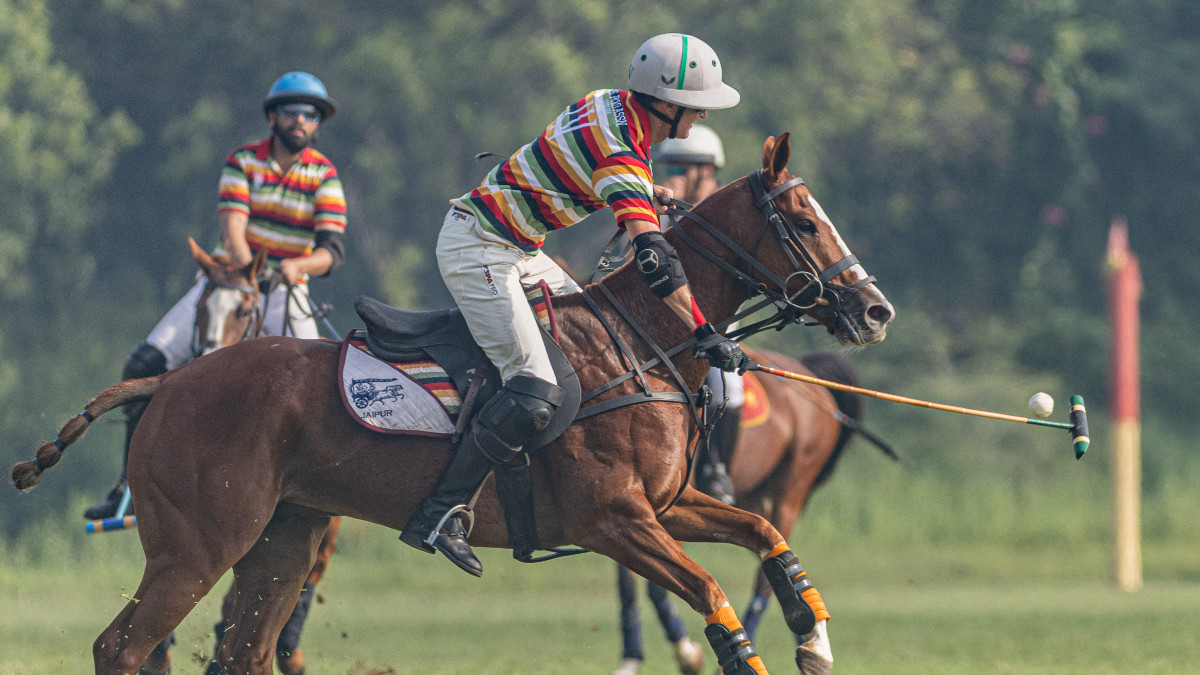)

)
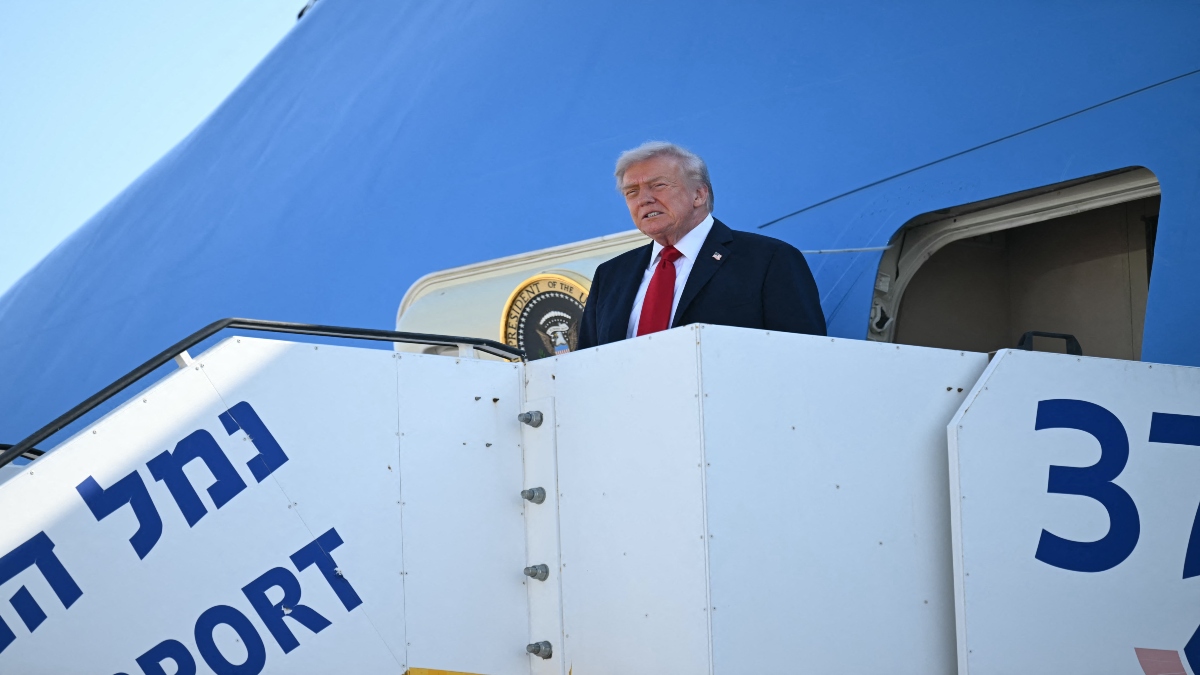)
)
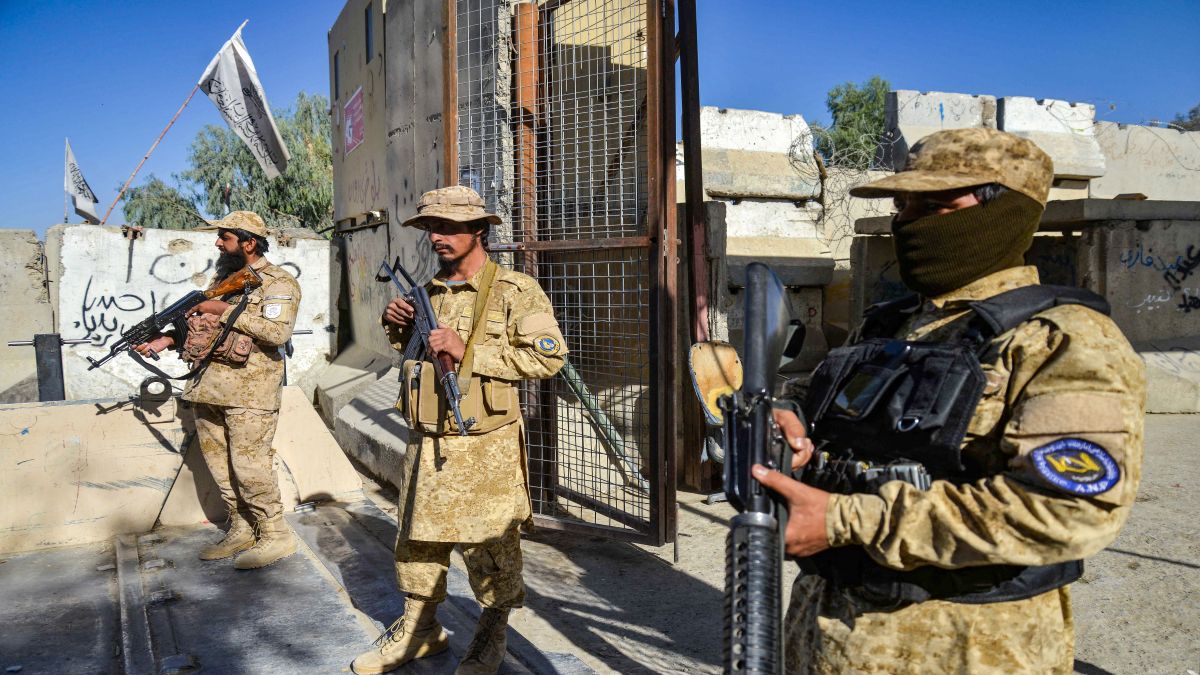)
)
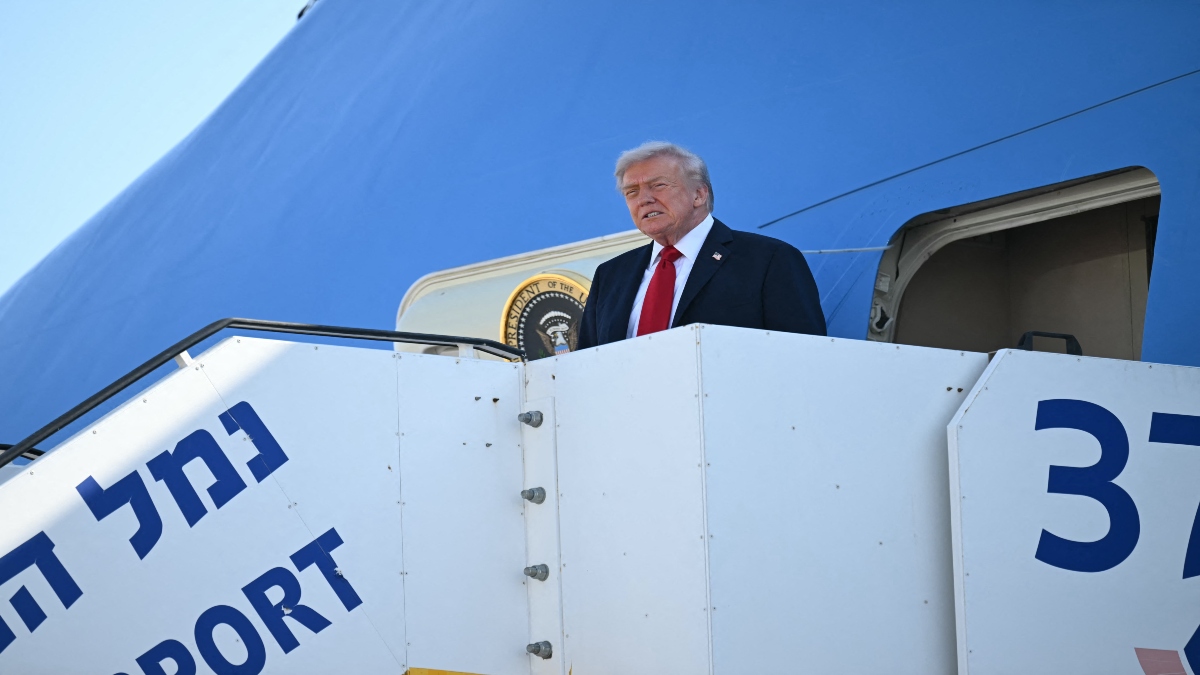)
)
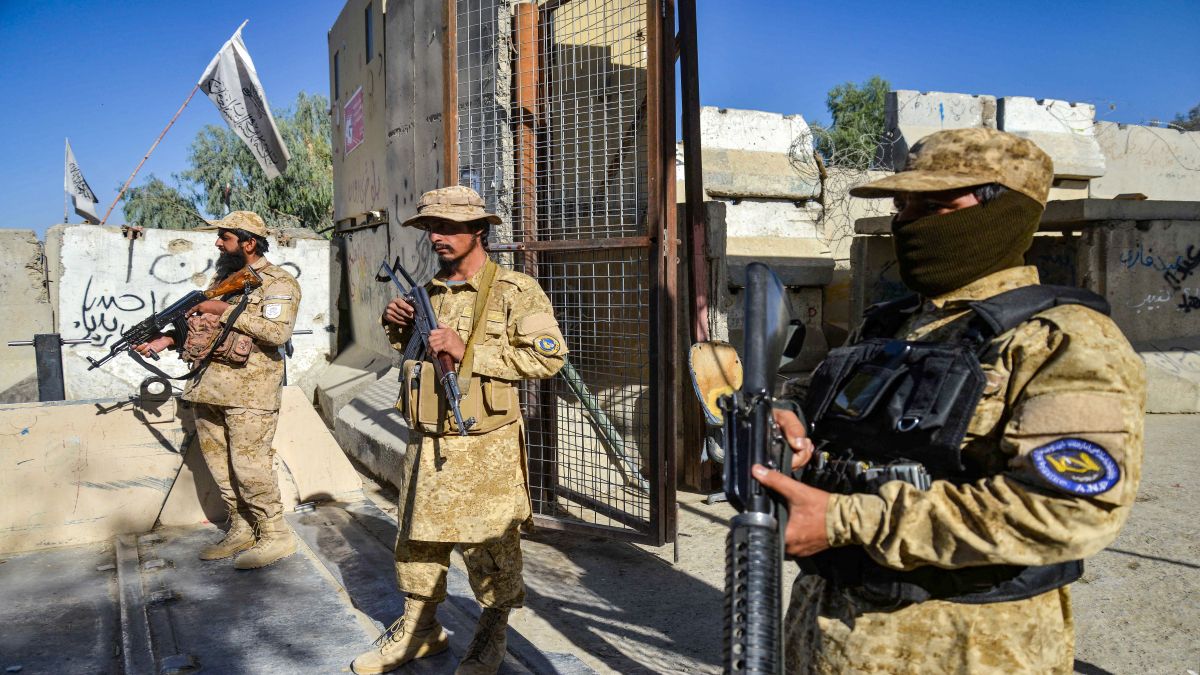)



